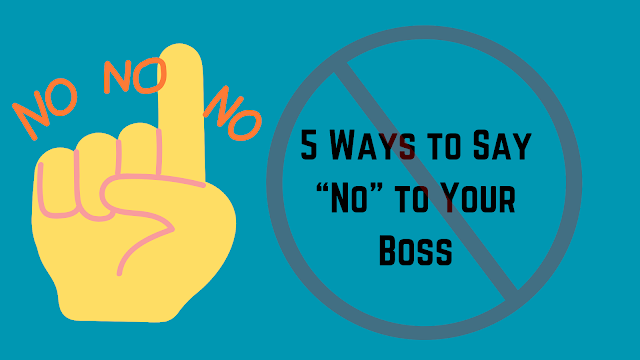Introduction Most heartbreaks don’t happen suddenly. They don’t arrive as a surprise message, a cold goodbye, or an unexpected ending. They begin much earlier—quietly, invisibly—when we skip the conversations that matter. They grow when we replace clarity with hope, when we assume instead of asking, and when we attach before we understand. We often think love fails because people change. But in reality, love fails because we never truly understood who we were choosing in the first place. Before emotions deepen, before expectations grow, and before we label something as “special,” there are questions that deserve space. These questions are not meant to create fear. They are meant to create truth. Because chemistry may start a relationship, but only clarity can sustain it. Why Most Relationships Break in the Same Way If you look closely at most breakups, you’ll notice a pattern. The pain is rarely about the last argument. It’s about the unanswered quest...
Introduction
In the dynamic world of work, there are times when you may need to say "no" to your boss. While it may seem daunting, effectively communicating your limits is essential for maintaining your productivity, work-life balance, and personal well-being. Saying "no" doesn't have to be confrontational or career-damaging. In fact, it can be an opportunity to showcase your professionalism and assertiveness. In this article, we'll explore five diplomatic ways to decline requests from your boss while preserving your working relationship and reputation.5 Easy Ways to Decline Your Boss
1. Provide a Valid ReasonWhen saying "no" to your boss, it's crucial to offer a valid reason for your decision. Clearly communicate your rationale in a respectful and concise manner. For example, if you're already working on a time-sensitive project, explain that your current workload would prevent you from delivering the desired quality on the new task. By outlining the challenges you're facing, you demonstrate that your decision is based on practical considerations rather than a lack of willingness.
2. Suggest an Alternative Solution
When declining a request, it's helpful to provide an alternative solution or offer a compromise. Propose an alternative approach that aligns with your current priorities and resources. This shows your commitment to problem-solving and collaboration. For instance, if your boss asks you to lead a new project but you're stretched thin, you could suggest delegating the responsibility to a colleague who has the capacity to take it on effectively. Presenting a viable alternative highlights your commitment to achieving organizational goals while balancing your workload.
3. Negotiate Priorities
Open communication is key to navigating tricky situations. Initiate a conversation with your boss to discuss your existing commitments and priorities. Express your dedication to delivering quality work and inquire about the possibility of adjusting deadlines or redistributing tasks. Frame the conversation as a constructive discussion about optimizing resources and ensuring the successful completion of all projects. By negotiating priorities, you demonstrate your proactive approach to managing your workload and seeking solutions.
4. Seek Clarity and Details
Before outright declining a request, seek clarity and additional details from your boss. Sometimes, what may seem like an overwhelming task might be more manageable with additional information or resources. Politely inquire about the specific expectations, scope, and timeline for the new task. This not only helps you make an informed decision but also shows your commitment to understanding the assignment thoroughly before committing to it. It also demonstrates your eagerness to contribute effectively to the organization.
5. Express Appreciation and Commitment
When saying "no," it's crucial to balance your refusal with a genuine expression of appreciation and commitment to your role. Acknowledge your boss's confidence in your abilities and convey your enthusiasm for future opportunities to collaborate. For instance, you could say, "I really appreciate your trust in my skills. While I'm unable to take on this project right now, I'm eager to explore how I can contribute effectively in other ways that align with my current responsibilities." This approach conveys professionalism and maintains a positive tone in your interactions.
Before outright declining a request, seek clarity and additional details from your boss. Sometimes, what may seem like an overwhelming task might be more manageable with additional information or resources. Politely inquire about the specific expectations, scope, and timeline for the new task. This not only helps you make an informed decision but also shows your commitment to understanding the assignment thoroughly before committing to it. It also demonstrates your eagerness to contribute effectively to the organization.
5. Express Appreciation and Commitment
When saying "no," it's crucial to balance your refusal with a genuine expression of appreciation and commitment to your role. Acknowledge your boss's confidence in your abilities and convey your enthusiasm for future opportunities to collaborate. For instance, you could say, "I really appreciate your trust in my skills. While I'm unable to take on this project right now, I'm eager to explore how I can contribute effectively in other ways that align with my current responsibilities." This approach conveys professionalism and maintains a positive tone in your interactions.


Comments
Post a Comment
Please do not add any spam link in the comment box